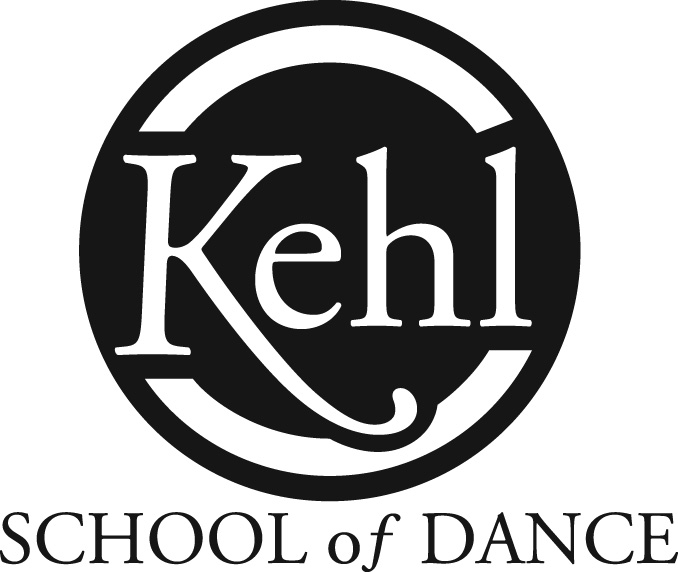Why is it so important that we offer age-appropriate movement for our students? Because your child’s safety depends on it! Safe movements for young dancers are dependent on their ages and rate of physical growth. For example, growth plates in the skeleton—the growing tissues that help bones become strong—don’t reach full maturity until a child’s teen years.
To develop proper technique and a love for dance, we help all of our students build a strong dance foundation over time. At Kehl, we take pride in knowing that our teaching methods include different approaches for different ages. Our faculty take great care in their teacher education to learn how to instruct children of all ages with the most-relevant tools and resources. Our curricula allow us to ensure the pace of learning is just right at each level.
Here are some examples you may notice from your child’s dance class:
With young dancers, we focus on developing gross motor skills, such as marching, galloping, and hopping—not intricate technique which requires them to stand still and focus for a great length of time.
Our younger dancers also work on non-locomotor movements such as bending, turning, stretching, and balancing on one foot
Since the muscles that support a child’s hip joints are still developing, we never force a child’s “turnout” (the rotated position many dance steps are performed from)
As our dancers grow, we introduce strength and flexibility exercises only at developmentally-appropriate times
We ensure our dancers of all ages know to never overstretch their muscles, either in dance class or when they stretch on their own time
Your child’s safe physical development in dance is a top priority in our classrooms, and it is a privilege for us to be a part of their personal growth in the classroom. We appreciate your trust in us as we help your child progress in dance, step by step!
Ms Jenny











